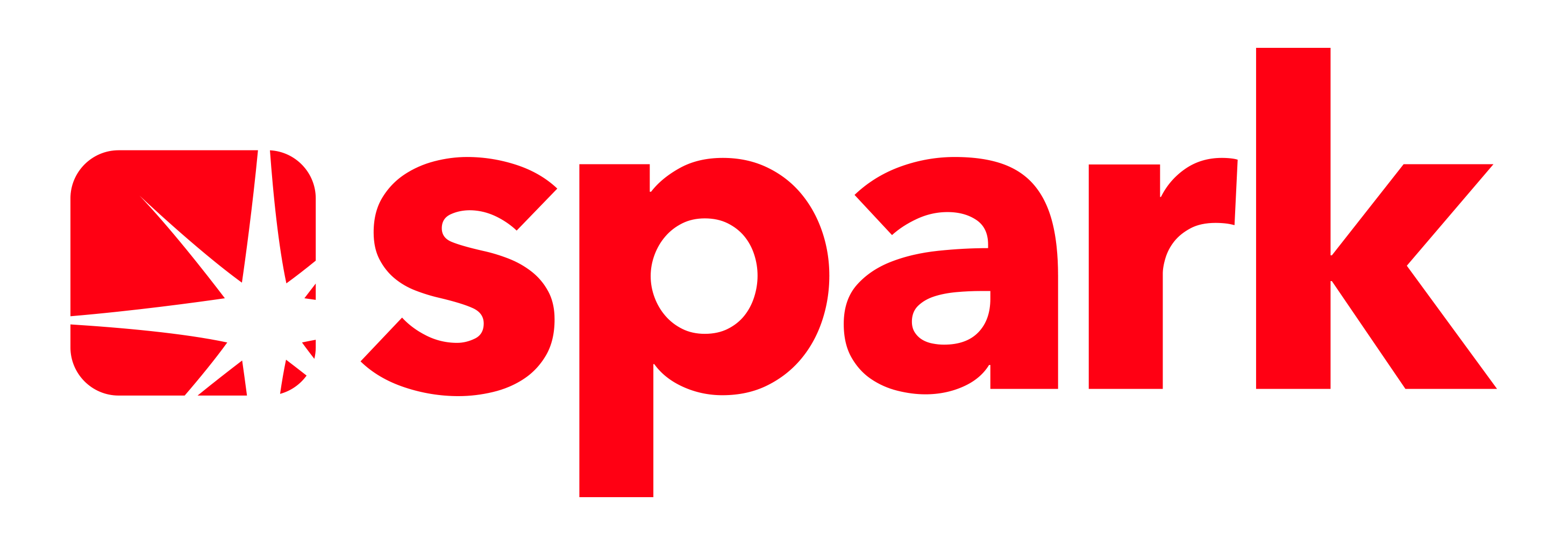Federal
1. The federal tax credit covers 30% of an EV charging station, necessary equipment and installation costs. For residential installations, the IRS caps the tax credit at $1,000.
Federal Tax Credit for Residential EV (rebates4evchargers.com)
2. The US Environmental Protection Agency (EPA) is offering $3 Billion for port authorities and state, regional, local, and tribal agencies with jurisdiction over ports, and air pollution control agencies to deploy zero-emission port equipment and to purchase and install charging infrastructure through its Clean Ports Program. EPA will provide reimbursement of up to $500 Million, up to 80-90% of total eligible project costs, depending on applicant and project details. Applications will be evaluated competitively and will be accepted between February 2024 and May 2024.
3. The National Electric Vehicle Infrastructure Formula Program allocates $5 billion in funding for EV charging infrastructure across 75,000 miles of highway across the country. Your organization must be within one mile of an established alternative fuel corridor to qualify and may need to meet other requirements as well.
Delaware
1. DEC offers a one-time $100 rebate, in the form of a bill credit and an additional $5 monthly bill credit to customers if they do not charge their EVs during Beat the Peak alerts. For more information, including eligibility requirements, see the DEC
https://www.delaware.coop/btp/electric-vehicles
2. Delaware Division of Climate, Coastal and Energy (DNREC) offers rebates for installing electric vehicle charging stations at multi-family dwellings, workplaces, outside businesses and in other public places. The EV Charging Equipment Rebate Program provides rebates for Level 2 electric vehicle charging stations purchased and installed after May 1, 2023. There is $1 million available in funding on a first-come, first-served basis
3. Utility Delmarva Power gives a special time-of-use rate for residential consumers who own an EV.


